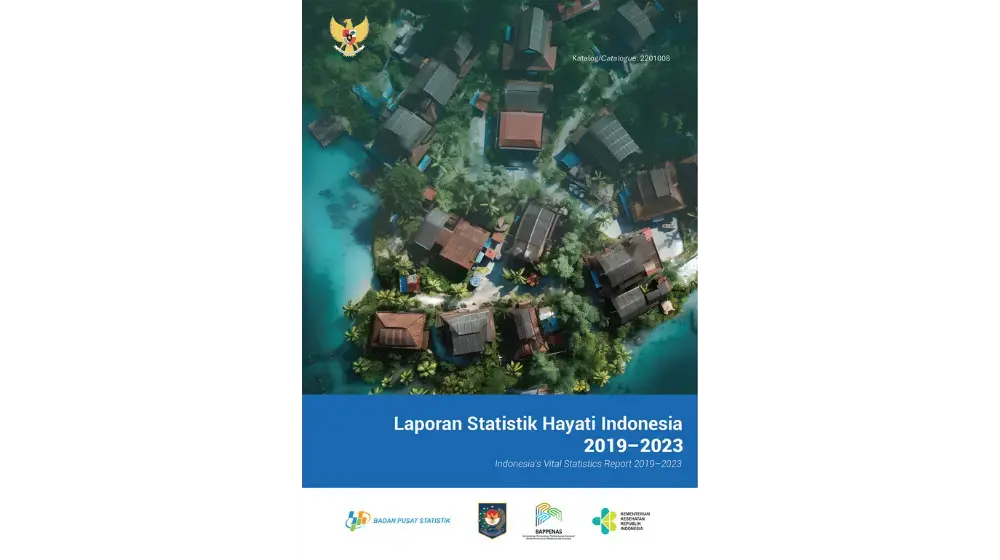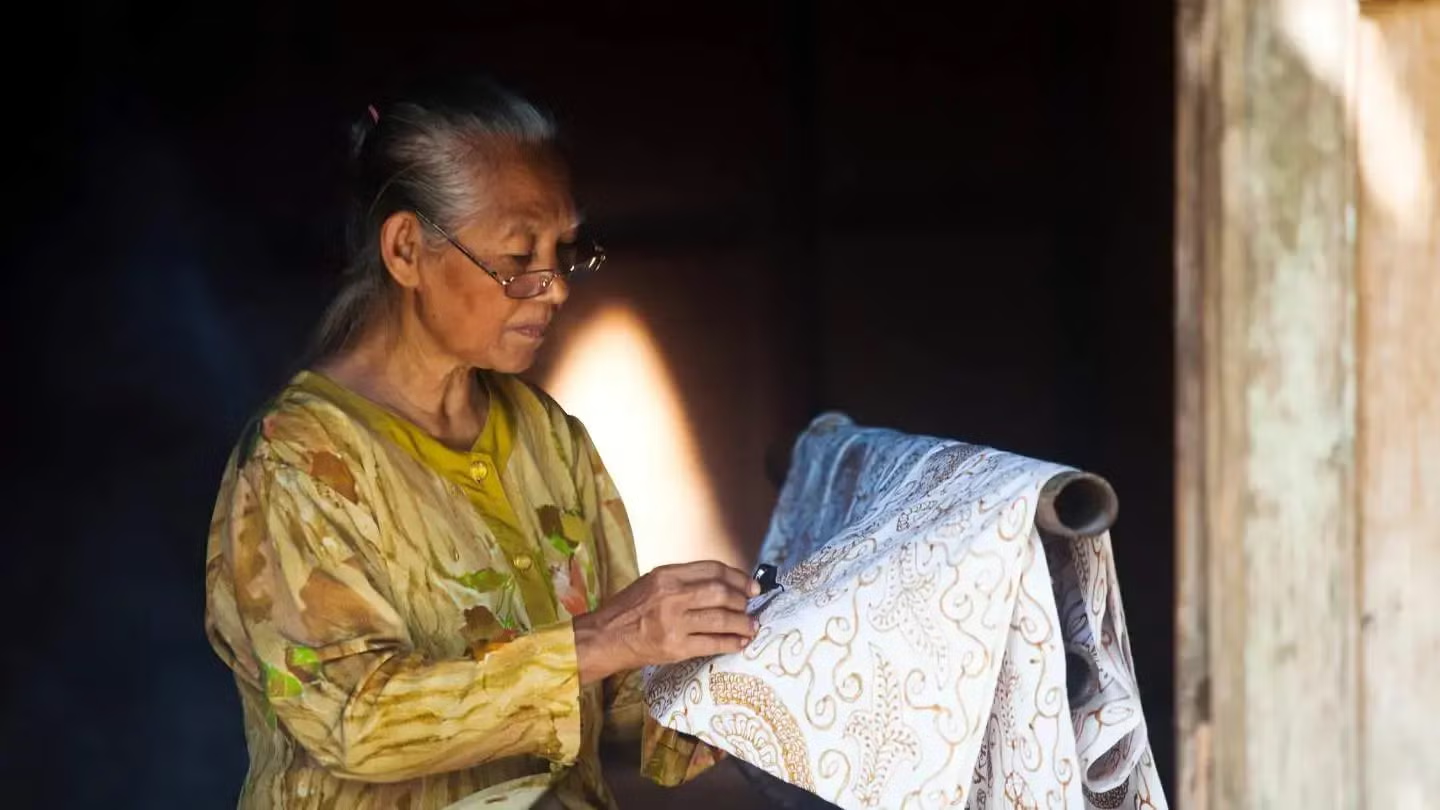
UN Resident Coordinator Mr. Douglas Broderick, UNFPA Indonesia Representative Mr. Jose Ferraris, BKKBN Chairman Dr. Surya Chandra Surapaty, Dr. Andi Zainal Abidin Dulung, Director General for Protection and Social Security, Ministry of Social Affairs, and Head of Center for Data, Information and Public Relations, BNPB Dr. Sutopo Purwo Nugroho, during UNFPA's World Population Day event in Jakarta on Monday, 6 July.
Indonesia – one of the world’s most disaster-prone countries – needs to continue taking precautionary measures to protect its vulnerable population, particularly women, girls and youth – in times of natural disasters and emergencies, officials said on Monday.
Speaking at a seminar to mark the upcoming World Population Day, UNFPA Indonesia’s Representative Mr. Jose Ferraris said that often during the chaos of a crisis or an emergency, the needs of women and young people were often neglected.
During emergencies, it is estimated that 4 percent of Indonesia’s affected population at any given time will be pregnant and 15-20 percent of these women will develop pregnancy complications.
“With statistical estimates like these we should expect that any disaster is likely to involve pregnant or postnatal women,” Mr. Ferraris explained.
“UNFPA is committed to promoting reproductive rights, including by ensuring access to reproductive health services during a disaster. UNFPA Indonesia has implemented a reproductive health component in its humanitarian programme since 2007, with the introduction of a Minimum Initial Service Package, which has been taken up by the Government of Indonesia, to help mitigate risks associated with reproductive health in a humanitarian crisis into disaster responses.”
As UNFPA observes World Population Day on 11 July, the theme for this year’s event is one that relates well with Indonesia – “Vulnerable Populations in Emergencies. Inspired by the interest in the Day of Five Billion when the world’s population approximately reached five billion on 11 July 1987, the annual event aims to highlight global population issues.
In 2014, there were a total of 1559 disasters recorded across the country, according to official data from the Natural Disaster Management Agency (BNPB), resulting in 490 deaths and the lives of two million people left affected. Thousands of people were displaced, and many lost loved ones, their homes and their possessions.
In times of humanitarian emergencies, the vulnerability of women, girls and young people is often increased. Girls and women in crisis situations face much greater risk of abuse, sexual exploitation, violence, forced marriage, reproductive health-related illnesses, and death due to the lack of protection and an absence of aid delivery to their needs.
Of the more than 60 million people who have been forcibly displaced from their homes by conflict and disasters in most parts of the world, women, children and young people make up more than three quarters of this total figure – making them the most vulnerable populations in emergencies.
“When a crisis strikes, humanitarian response must be swift and adaptable to the needs of affected populations,” explains Dr. Babatunde Osotimehin, UNFPA’s Executive Director. “Women and young people may especially require targeted support, and aid must be sustained from the onset of an emergency until recovery.”
Dr. Andi Zainal Abidin Dulung, Director General for Protection and Social Security from the Ministry of Social Affairs presented the keynote address on behalf of the Social Affairs Minister Khofifah Indar Parawansa at the afternoon seminar. UN Resident Coordinator Mr. Douglas Broderick, the National Family Planning Board’s (BKKBN) newly-appointed Chairman Dr. Surya Chandra Surapaty and BNPB’s Head of Center for Data, Information and Public Relations, Dr. Sutopo Purwo Nugroho each presented an opening remark.
Dr. Surya Chandra emphasized that the “agency’s priority was to ensure that family planning services were always available, in all conditions, including in an emergency or crisis”.
“In an emergency situation there are often many pregnant women who need assistance and the role of BKKBN here is to ensure that no matter what the conditions are, all people have access to family planning services,” Dr. Surya Chandra said in his speech.

Ms. Suharti Muklas from the Rifka Annisa Women’s Crisis Centre (WCC), a Yogyakarta-based NGO, makes a presentation on "Gender-Based Violence Prevention in Emergencies" during UNFPA's World Population Day event in Jakarta on Monday, 6 July.
The seminar included a panel-led discussion with experts from UNFPA, BNPB the Indonesian Midwives Association and Rifka Annisa Women’s Crisis Centre, a Yogyakarta-based non-governmental organisation. Their presentations focused on a range of topics including affected populations in a disaster, reproductive health needs and challenges, gender-based violence prevention and youth in emergencies.




